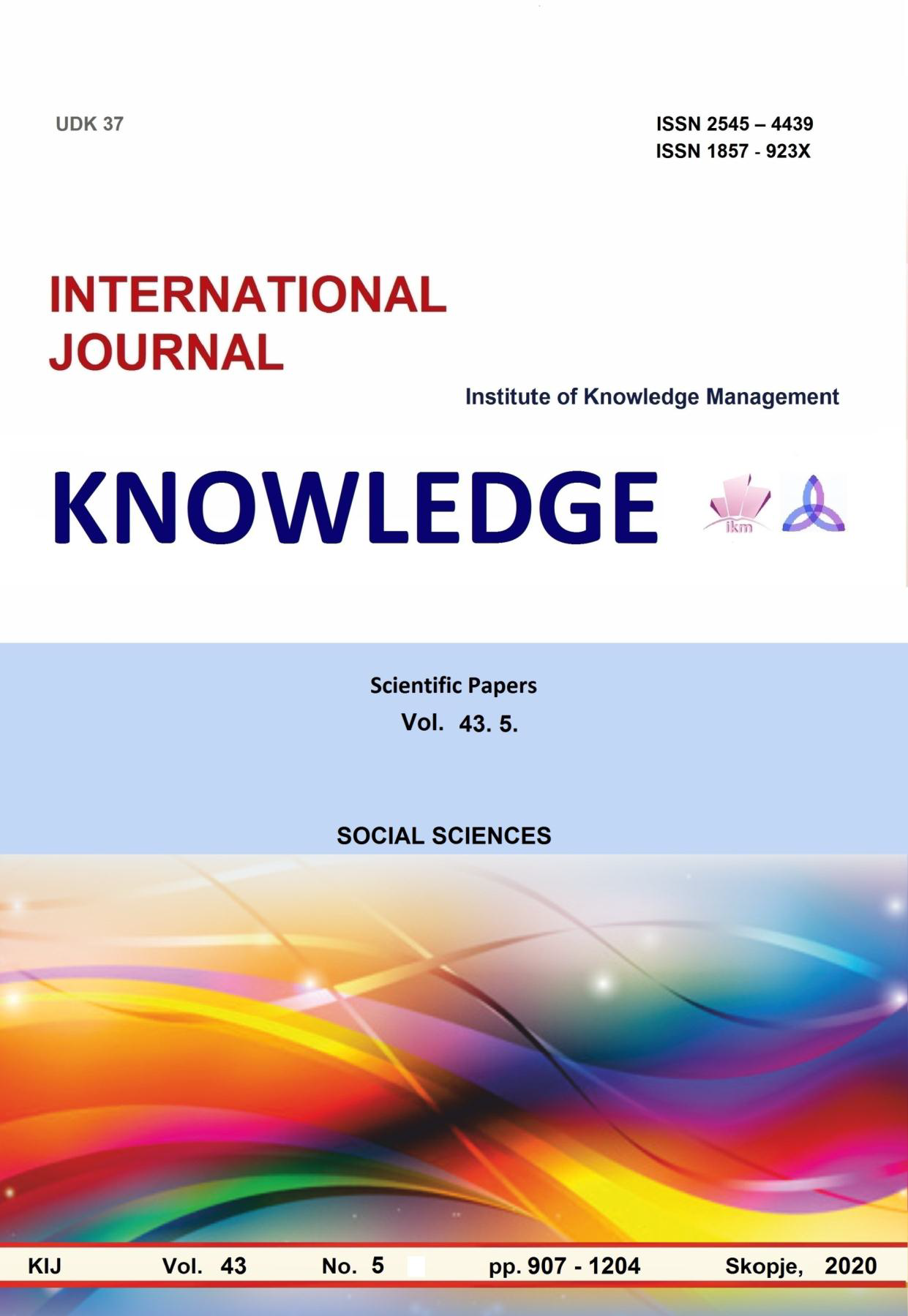SUSTAINABILITY INDICATORS DEVELOPMENT OF BIO-SECTOR ENTERPRISES
SUSTAINABILITY INDICATORS DEVELOPMENT OF BIO-SECTOR ENTERPRISES
Author(s): Valentina Nikolova-Alexieva, Katina ValevaSubject(s): Economy
Published by: Scientific Institute of Management and Knowledge
Keywords: sustainable development; bio-sector; bio-enterprises
Summary/Abstract: In 2015, the UN adopted the Program for Sustainable Development until 2030. The program consists of 17 goals aimed at eradicating poverty, conserving the planet's resources and ensuring prosperity. Each goal contains a set of indicators that must be achieved in 15 years. Achieving them requires the joint efforts of governments, civil society and business. The bio-sector, as a segment of the circular economy, covers all sectors and systems that rely on biological and environmental resources, their functions and principles. It can lead to the discovery of new opportunities to provide food, goods and energy without depleting the planet's limited biological resources. It can turn algae into fuel, recycle plastics, produce furniture or clothing from waste, and create organic fertilizers from industrial waste products. It has the potential to create over a million new "green jobs" by 2030. This shows that bio-sector enterprises have a key role to play in accelerating the achievement of the UN's global goals. They contribute to reducing climate change and waste, creating new jobs and building sustainable development in a modern society. Achieving sustainability at the global level depends on the adoption and application of the principles of sustainability in business policy and practice, ie building business models in bio-enterprises aimed at integrated and balanced and sustainable development of the three elements in the concept of sustainable development - social and environmental and economic.
Journal: Knowledge - International Journal
- Issue Year: 43/2020
- Issue No: 5
- Page Range: 1167-1171
- Page Count: 5
- Language: English

